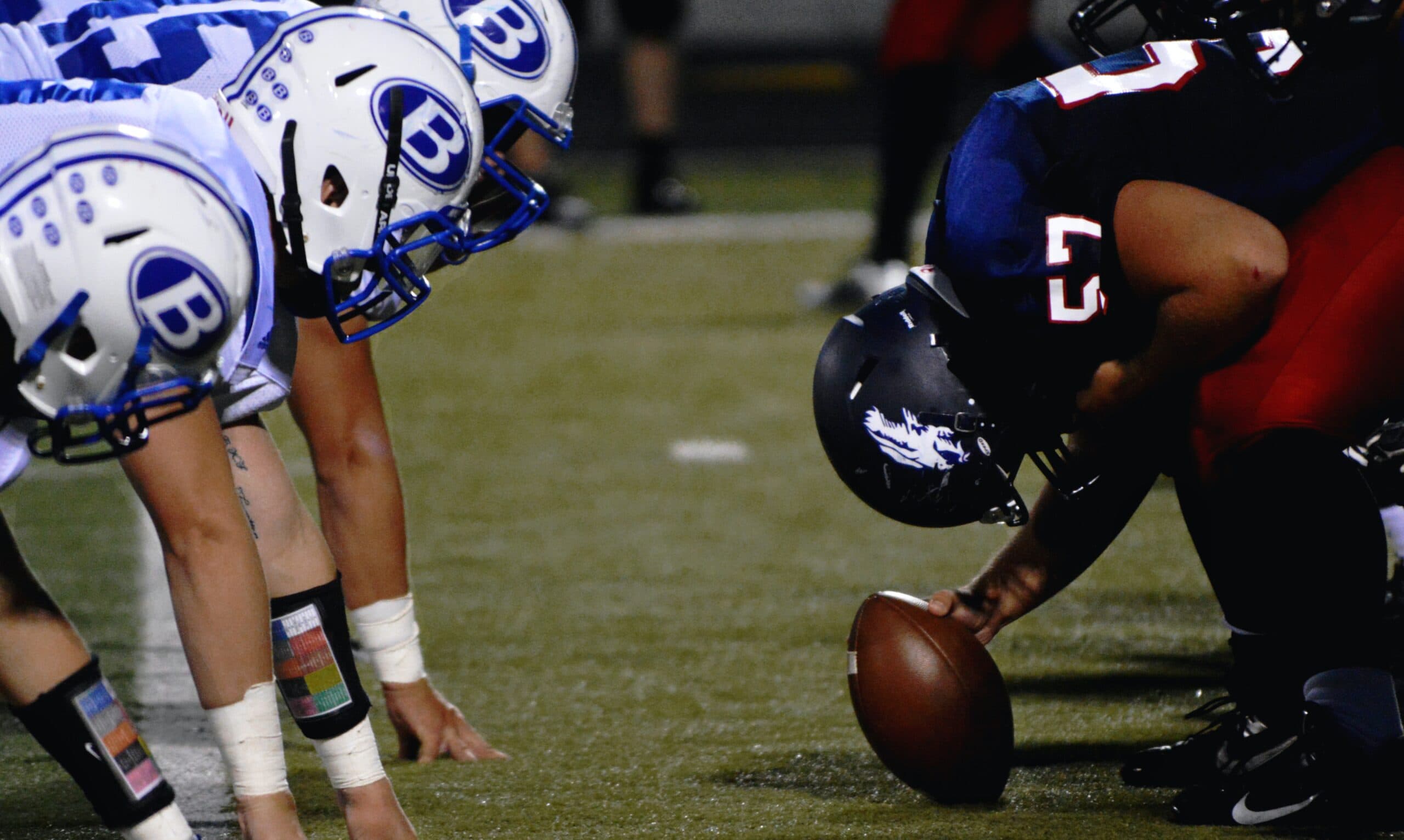Last Thursday, the New York State Gaming Commission adopted New York Rule 5602.1(a)(4), outlawing fantasy sports contests that are based on proposition betting, a popular sports betting option. The New York States Gaming Commission (“GC” or the “Commission”) is the official governing body in charge of overseeing casino gaming, charitable gaming, horse racing, lottery, and video lottery terminals in New York State. Daily fantasy sports (“DFS”) is a subset of the traditional fantasy sports genre that many sports fans are familiar with. Instead of drafting a team for an entire season, DFS players draft a team for a daily contest. By amending its sports betting rules, the GC made clear that it viewed proposition betting (or prop bets) in daily fantasy contests as sports betting by another name; and that it was now drawing a firm legal line between the two.
The updated interactive fantasy sports regulations are expected to be officially published in the State Register before October 18, 2023.
Legal Analysis of the New Fantasy Sports Betting Regulations
The new regulations, codified in the New York City Codes, Rules and Regulations Section 5602.1(a)(4), state that: “[c]ontests shall not be based on proposition betting or contests that have the effect of mimicking proposition betting. Contests in which a contestant must choose, directly or indirectly, whether an individual athlete or a single team will surpass an identified statistical achievement, such as points scored, are prohibited.”
Over the past year or so, a new style of DFS contests, those based on betting the “over” or “under” on certain individual athletes statistics, has been popularized by DFS operators, including PrizePicks and Underdog. There is no confusion as to the intent behind the GC’s passage of the new fantasy sports regulations – the Commission intends to shut down these over/under DFS contests. New York is not the first state of the Union to address the apparent crossover between daily fantasy sports and sports wagering. In fact, Wyoming and Florida have already enacted essentially the same prohibitions, while Massachusetts and Michigan are considering doing the same.
Federally, fantasy sports contests are regulated by the Unlawful Internet Gambling Enforcement Act of 2006 (“UIGEA”). UIGEA makes it illegal to knowingly transmit a bet over the Internet unless sports betting is legal where the bet is “initiated.” However, UIGEA does explicitly carve out certain “fantasy sports games” from this prohibition that meet four criteria:
(a) no fantasy team is based solely on the current membership of an actual team;
(b) all winning outcomes reflect the relative knowledge and skill of the participants and are determined predominantly by the accumulated statistical performance of individual athletes in real-world sporting events;
(c) no winning outcome is based:
(i) on the score, point spread, or any performance of a single real-world team, or
(ii) solely on the performance of a single athlete in a single real-world sporting event; and
(d) all prizes offered to the winning participants are established and made known to the participants in advance of the game and the value of the prize pool is not determined by the number of participants or the amount of fees paid by the participants.
To summarize, the UIGEA fantasy sports carveout was intended to allow for a pool of participants to compete against each other by putting together teams of players drawn from different real life sports teams for a chance to win prizes. The new style of prop bet DFS contest appears to have contravened this intent primarily because: 1) participants play against the “house”; and 2) participants place proposition bets for each of their players instead of allowing them to accumulate statistics for a team total.
Why are the New Fantasy Sports Regulations Relevant to Your Business?
With its newly-enacted fantasy sports regulations, New York has made clear that it will preserve the original intent of the UIGEA daily fantasy sports exemption. While the over/under contests themselves are an ingenious marriage of two separate concepts, State authorities will not allow the line between sports gambling and DFS to be blurred. Fantasy sports and sports wagering are two separately regulated forms of gaming that were legalized under two different initiatives. Operators like PrizePicks and Underdog need not necessarily shut down their operations – they just need to apply for sports wagering license if they want to continue to offer prop bets.
Whether your business operates a sports wagering or daily fantasy sports platform, it is necessary to stay current with ever-changing regulations.
The attorneys at Klein Moynihan Turco are constantly monitoring evolving fantasy sports and sports wagering regulations so that clients remain compliant with applicable state and federal laws.
If you require assistance with gaming law compliance, please email us at info@kleinmoynihan.com or call us at (212) 246-0900.
The material contained herein is provided for information purposes only and is not legal advice, nor is it a substitute for obtaining legal advice from an attorney. Each situation is unique, and you should not act or rely on any information contained herein without seeking the advice of an experienced attorney.
Attorney advertising
Photo by Nathan Shively on Unsplash
Similar Blog Posts:
Massachusetts to Tax Fantasy Sports?




